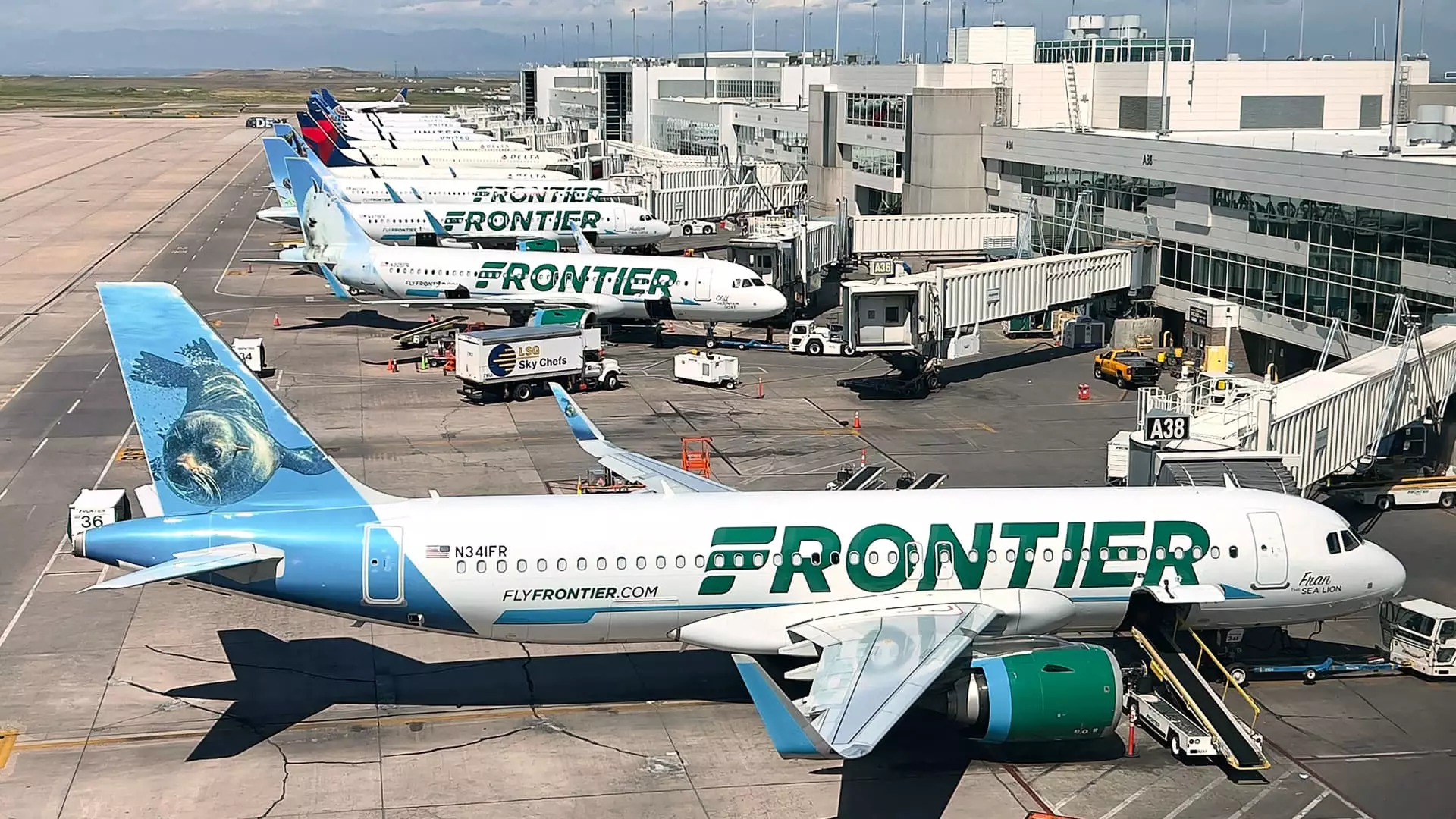With the aviation industry continually evolving, budget airlines face an unprecedented challenge: how to attract business-savvy travelers who desire a little extra comfort without sacrificing affordability. Frontier Airlines, a prominent player among budget carriers, is initiating a strategic shift in its business model by introducing first-class seats. This move is not only a significant change in their operational approach but also a response to competitive pressures prompting airlines to improve their offerings to attract customers willing to pay for more personalized travel experiences.
Beginning this September, Frontier will remove the first two rows of its existing three-by-three economy seating configuration to create a new two-by-two layout featuring four first-class seats. This configuration promises a more spacious environment tailored to passengers seeking additional legroom and comfort. The Denver-based airline is best known for its ultra-low-cost travel options, and the addition of first-class seating illustrates a concerted effort to cater to a growing market segment that values space as well as affordability.
As part of this overhaul, Frontier is not only introducing physical changes to its aircraft but is also revamping its loyalty program. Frequent flyers will soon enjoy complimentary seat upgrades for gold level members and higher, and platinum and diamond-tier members will receive a free companion ticket. These upgrades mark a more customer-focused approach and aim to enhance loyalty, a crucial element as airlines compete for the same pool of discerning travelers.
CEO Barry Biffle has articulated optimistic projections regarding the financial impact of these initiatives, forecasting revenue increases of approximately $250 million by 2026 and potentially exceeding $500 million by 2028. Implicit in this growth is the acknowledgment that while Frontier may maintain competitive low operational costs, it has lacked sufficient revenue channels. The introduction of premium seating options and enhanced loyalty rewards is expected to fill this gap, positioning Frontier more strategically within the market.
As larger carriers like Delta and United have increased profits by outfitting their planes with premium seats and services, Frontier must distinguish itself in a bustling market. Although the airline will face competition from established carriers offering complimentary meals and extensive services, Biffle remains confident that the affordability of Frontier’s new seating will give it a competitive edge.
Moreover, Frontier is not the only budget airline adjusting its strategy to capture a share of the higher-paying customer base. Southwest Airlines recently announced plans to offer extra-legroom seats and implement a more structured seating arrangement for the first time in its history. Additionally, Spirit Airlines, despite its recent bankruptcy filing, has introduced its own version of first-class seating with the “Big Front Seat”—an indication of industry-wide direction toward increasing comfort options for travelers.
With these developments, it is evident that the landscape of budget flying is undergoing transformation. Frontier’s decision to incorporate first-class seating and improve its rewards program not only aligns it with market demand but also reinforces the idea that comfort can coexist with cost-effective travel solutions. As the airline industry adapts to the evolving preferences of its clientele, it remains to be seen how well these changes will resonate with passengers and redefine the concept of budget air travel.

